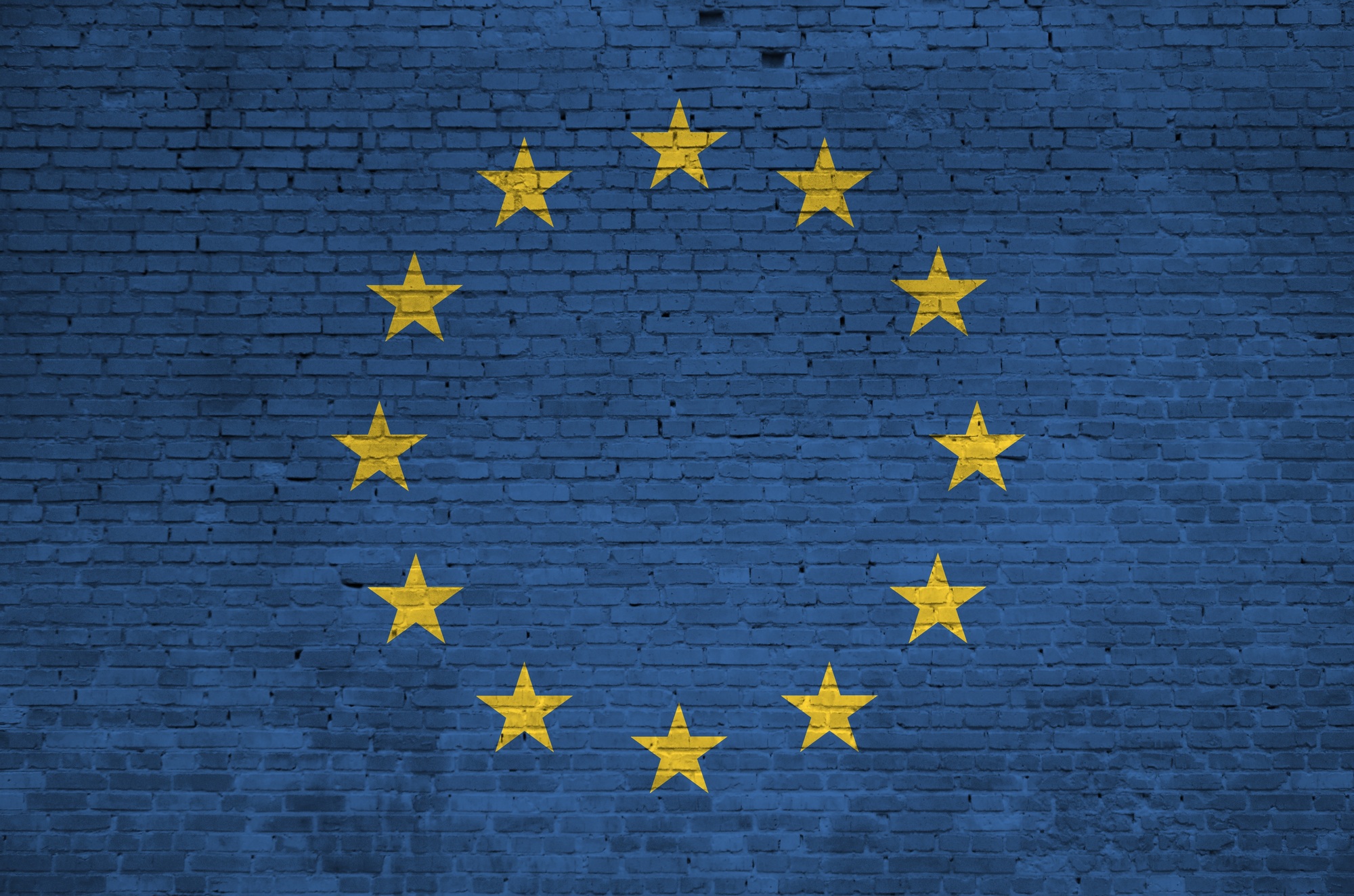EU seeks public input to shape upcoming Quantum Act
The law will build on existing EU initiatives, including the Quantum Europe Strategy, the Chips Act, and the EuroHPC high-performance computing programme. It is also linked to the EU’s work on secure quantum communication infrastructure through projects like EuroQCI.









